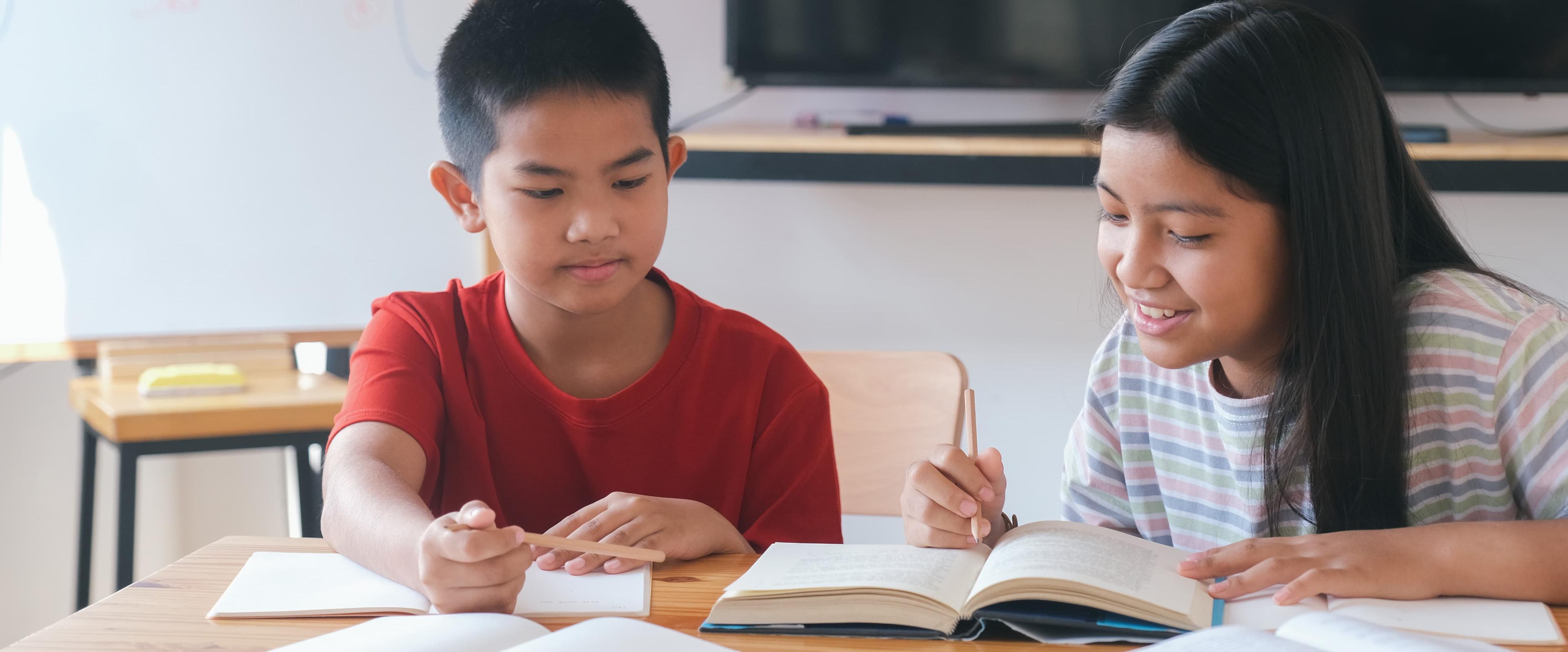As social beings, humans need to be equipped with social skills to be able to interact effectively with others. Social skills help us in making friends, understanding social norms, and building strong relationships. However, not everyone is born with these skills, and some may need help in developing them. As an educator or a parent, it is crucial to teach children social skills from an early age.

Tips for teaching social skills:
Model good social behaviour
Children learn best from the behaviour they see around them. As an adult, it is important to model good social behaviour by being polite, kind, and respectful to others. Children are observant, and they will pick up on your behaviour and actions. Therefore, it is essential to set a good example and demonstrate how to interact appropriately with others.
Encourage communication
Effective communication is a key social skill that children need to develop. Encourage children to express themselves by listening to them and acknowledging their feelings. Provide opportunities for them to practise communication by asking them open-ended questions and actively engaging in conversations with them. Encourage them to ask questions, share their thoughts, and express their opinions.
Teach empathy
Empathy is an essential social skill that involves understanding and feeling what others are experiencing. Children need to learn how to identify emotions and respond appropriately. Teach children to be empathetic by encouraging them to put themselves in other people's shoes. Help them understand that everyone experiences different emotions and that it is important to respond to others with kindness and understanding.
Provide opportunities for social interactions
Social skills are best learned through practice. Provide opportunities for children to interact with their peers in different social settings, such as group activities, team-building exercises, and social gatherings. Encourage them to take turns, share, and cooperate with others. These experiences will help them develop their social skills and build strong relationships with others.
Use social stories
Social stories are a great tool for teaching social skills. Social stories are short stories that illustrate social situations and appropriate behaviour. They can help children understand social cues and respond appropriately. Create social stories that address common social situations, such as sharing toys or introducing themselves to new people.
In conclusion, teaching social skills is an important aspect of a child's development. As an educator or a parent, it is important to model good social behaviour, encourage communication, teach empathy, provide opportunities for social interactions, and use social stories. By following these helpful tips, you can help children develop their social skills and build strong relationships with others.

